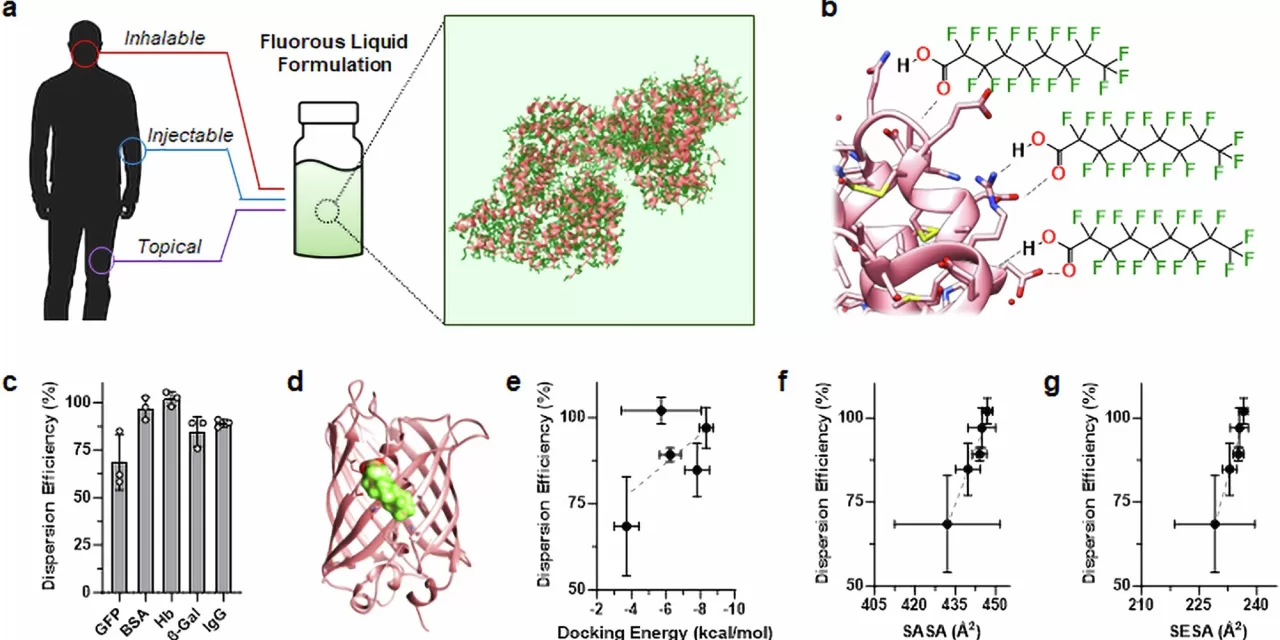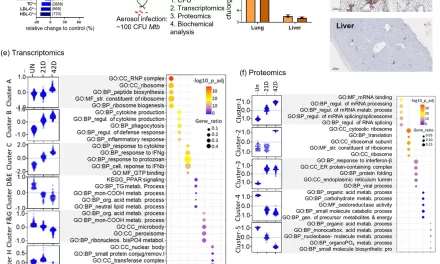January 17, 2025 – A groundbreaking discovery from researchers at Penn State could radically transform the storage and distribution of vaccines and protein-based drugs, including life-saving medications like insulin, monoclonal antibodies, and viral vaccines. This new technique promises to eliminate the need for refrigeration, which has long been a critical barrier in making these therapies more accessible worldwide.
Scott Medina, the study’s lead researcher and William and Wendy Korb Early Career Professor of Biomedical Engineering at Penn State, explained that “Over 80% of biologic drugs and 90% of vaccines require temperature-controlled conditions. This approach could revolutionize their storage and distribution, making them more accessible and affordable for everyone.”
Currently, the global supply chain for biologic drugs and vaccines relies heavily on refrigeration, resulting in a multi-billion-dollar industry for cold-chain logistics. These costs are especially prohibitive in regions with limited access to refrigeration, making life-saving therapies less accessible. However, the new approach developed by Medina’s team promises to change that.
The researchers found a novel way to stabilize proteins in a non-refrigerated environment. By replacing the water-based solutions commonly used in protein-based medications with perfluorocarbon oil, the team was able to maintain the proteins’ stability without refrigeration. Their experiments tested five different proteins, including enzymes and antibodies, and found that the new oil-based solution preserved the proteins’ activity and function, even in high-temperature environments.
The groundbreaking technique was shown to be just as effective as traditional refrigeration and did not cause any adverse health effects in animal models. Additionally, the oil-based solution proved to be naturally sterile, preventing contamination from bacteria, fungi, or viruses that require a water-based environment to grow.
While proteins in water are typically evenly dispersed, they face challenges in oil due to lower solubility. To address this, the researchers developed a surfactant—a protective molecule that coats the protein surface—enabling the protein to disperse evenly and remain stable in the oil. This protective shell also shielded the proteins from heat and contamination, maintaining their stability even at temperatures as high as 212°F.
Medina likened this protective layer to a “raincoat” for proteins: “Just like a raincoat keeps you dry, this protective shell keeps the protein safe from heat and contamination, allowing it to stay stable and functional.”
Protein-based drugs and vaccines are particularly sensitive to heat and light, both of which can cause them to lose their structure and therapeutic effect. Refrigeration slows down this degradation process, but the new method could eliminate the need for cold storage, which would save billions of dollars annually and make these therapies more accessible, particularly in resource-limited settings.
Medina highlighted the broader implications of this discovery: “We could even use this for those on the battlefield, where these therapies would be needed but access to refrigeration is limited.”
The team’s findings have the potential to reshape the logistics of drug distribution, eliminating the need for expensive cold chain networks, which are projected to cost $58 billion globally by 2026. The new storage method could not only lower costs but also reduce the risk of drug degradation or contamination, which could harm patients if mishandled during transport.
Moving forward, Medina and his team plan to expand their research to test additional proteins and partner with pharmaceutical companies to refine the process. “We are currently in the process of securing patent rights and hope to partner with pharmaceutical companies to make their protein products more stable and accessible,” Medina added.
The research, titled “Heat stable and intrinsically sterile liquid protein formulations,” was recently published in Nature Communications. The research team also included Girish Kirimanjeswara, Atip Lawanprasert, Mariangely González Vargas, Arishya Dewan, Harminder Singh, and Sopida Pimcharoen, among others.
This breakthrough could revolutionize not only the pharmaceutical industry but also improve global health outcomes by making life-saving treatments more widely available and affordable.
For more details, refer to the full study published in Nature Communications (2024). DOI: 10.1038/s41467-024-55304-9.












